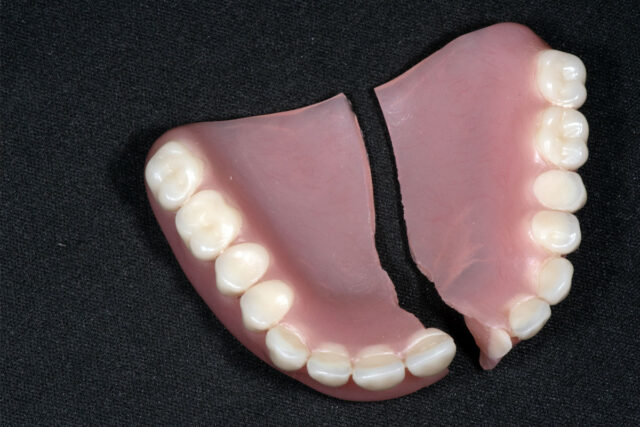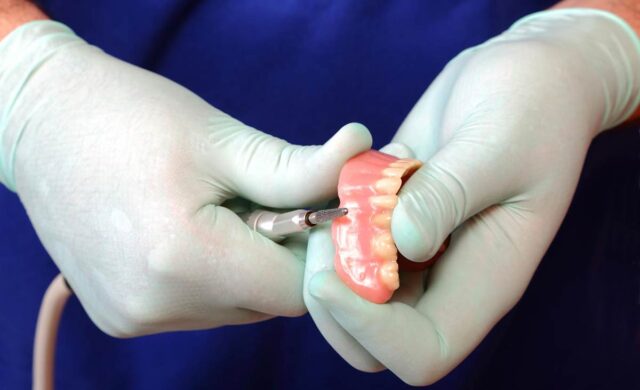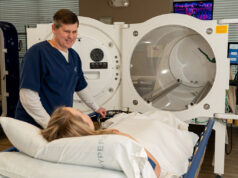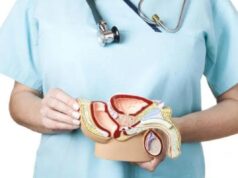
Teeth loss can take a toll on a person’s quality of life. It impacts the way you chew and speak, your overall oral health and your confidence. Thankfully, teeth replacement solutions like dentures can help restore your ability to eat, speak and smile confidently again. If you’ve taken the bold step to get dentures (either full or partial), it is important that you take proper care of these orthodontic devices in order to ensure that they continue to function well and for a long period of time.
However, even with proper denture care, your dentures might still require either adjustments or repairs over time. But how can you tell the difference between when your dentures need a repair Vs. when they need an adjustment? Keep reading to find out.
Signs That You Need a Denture Repair

- Broken Dentures- Broken dentures are serious and constitute a denture emergency. If you find yourself in this situation, your dentures will need to be repaired immediately. You can either take the broken dentures to your denturist or send them to a reliable mobile denture repair company to get repairs.
- A Chip or Crack in Your Dentures- If you have a chipped denture tooth, it is important that you do not ignore it and get repairs immediately. The chipped tooth, which may not seem like a big deal, can actually cause a sharp spot that can cut your tongue, lips and cheeks. A denture crack (no matter how small) should also be repaired, as ignoring it will only weaken your denture’s structure, causing you to need a full-on denture replacement sooner.
- Sore or Bleeding Gums- If you’ve gone through the adjustment stage and have gotten acclimated to wearing your new dentures, there should be no gum soreness. However, if you’ve noticed that the dentures you’ve been wearing for a while are suddenly causing gum soreness or bleeding, then you need to get repairs immediately as there may be a defect on the denture’s base.
Signs That You Need a Denture Adjustment

- Noticeable Changes in Your Face Shape – It is quite normal for jaw shrinkage to occur in the absence of stimulation from teeth, so if you look in the mirror and notice visible changes in the appearance of your face, especially if the lower half looks sunken or uneven, then your dentures might need some adjustments.
- Difficulty Chewing – Typically, after getting new dentures, a period of adjustments will be required before you can get fully accustomed to eating with them. This is completely normal and should take only a few weeks. However, if your dentures that were once comfortable suddenly start to cause you poor bite alignment, discomfort and pain while eating, then you may need an adjustment. Visit your denturist to have them refitted to your mouth.
- Ill-fitting Dentures – If you notice that your dentures which were once snug and fitted in place, have begun to slip, rub or move around your mouth, then you need to get them adjusted.
- Pain and Discomfort – Your dentures should feel comfortable when you wear them. If your dentures cause you sore spots or feel as though they are rubbing together, see your denturist for an adjustment.
Conclusion
Adequate denture care is what extends the lifespan of your dentures and ensures that they continue to fit and function properly. Part of this denture care is routine maintenance, adjustments and repairs. By looking out for the signs mentioned above, you should be able to tell whether your dentures need a repair or an adjustment. Speaking to professional denture experts like The Denture Shop will keep you up to date with the best way to maintain your dentures.














